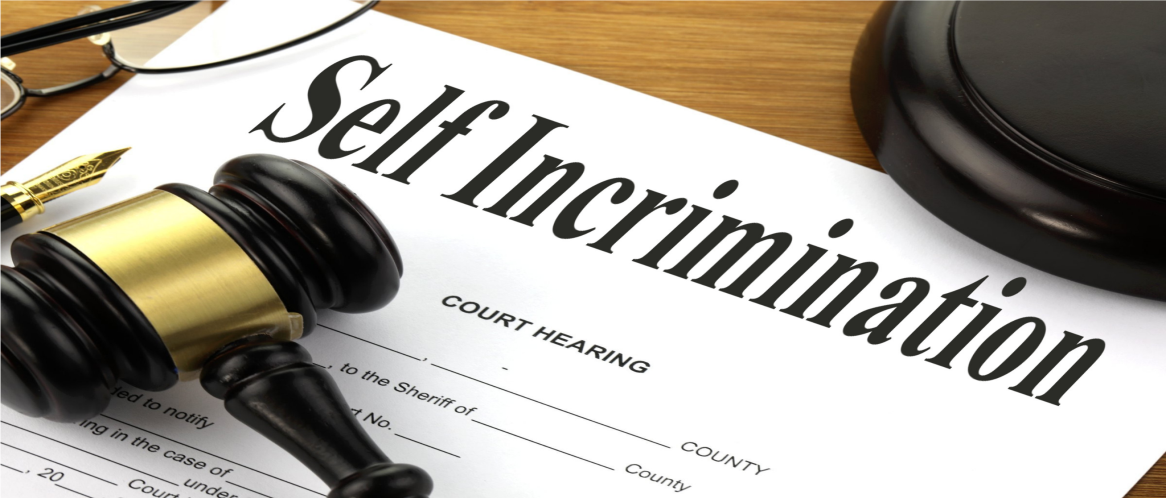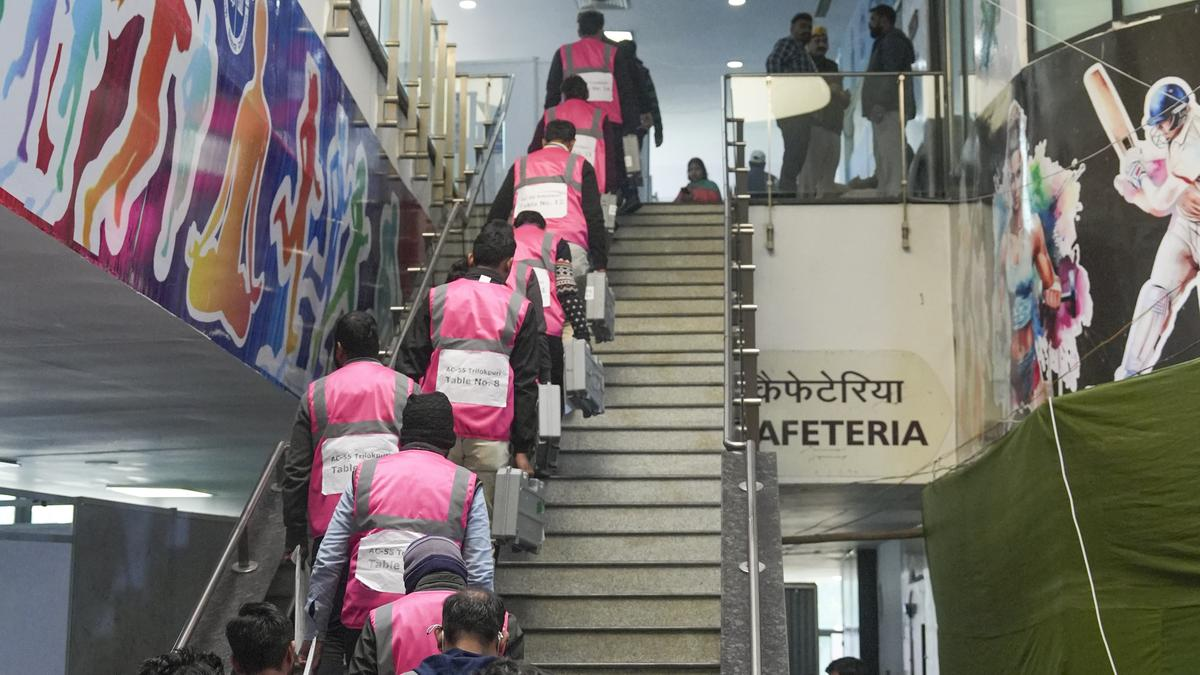Description

Copyright infringement not intended
Context: The Supreme Court refused to hear a plea by Delhi Deputy Chief Minister seeking bail in the excise policy case after a Delhi court remanded him in CBI custody.
Details
- A special CBI judge had granted custody of the Delhi Deputy Chief Minister because he had “failed to provide satisfactory answers” during the investigation. The court had rejected Sisodia’s arguments that he had a right against self-incrimination.
- The Supreme Court disapproved his approach to the court directly under Article 32 of the Constitution when the remedy of moving the High Court under Section 482 of the CrPC was available to him.
.jpeg)
Individual’s right against self-incrimination
- The Indian Constitution states in Article 20(3) that "No person accused of any offence will be required to be a witness against himself."
- The features of Article 20(3) concerning the right against self-incrimination are as follows:
- A suspect in any crime would be presumed innocent until proven guilty.
- The prosecution is responsible for proving the accused is guilty.
- The accused is not needed to make any statement against his own will.
- The reasoning for this right to self-incrimination comes from the reality that if the mandatory examination were allowed, authorities would frequently employ force to pressure an accused person for admitting. So, this right upholds both human privacy and the moral standards of the criminal justice system.

Judiciary on the right against self-incrimination
- The Supreme Court ruled in the State of Bombay vs. Kathi Kalu Oghad (1961) case that Article 20(3) only protects individuals who are accused of committing a crime; it does not apply to those who are questioned as witnesses. The court further declares that requesting fingerprints, handwriting, etc. does not violate Article 20(3).
- According to the court, the protection provided by Article 20(3) only applies when the accused provides information that is based on his knowledge.
- It states that telling an accused person to stand up and reveal his face for identification is not regarded to violate Article 20(3). Similarly, mandatory blood and urine testing would not be protected by this law.
- In Nandini Satpathy v. P.L. Dani (1978), the Supreme Court ruled that Pre-trial proceedings are not necessarily covered by Clause 3 of Article 20.
- The number of interrogation methods that the police use has increased as a result of advances in science and technology. Some of these new techniques include the Narco test and the BEEP test. The constitutionality of such tests was challenged in several High Courts, and the validity of these tests was upheld by all. However, the Supreme Court in the Selvi vs State of Karnataka (2010) case ruled that such interrogation techniques are against Article 21 of the constitution.
- In the Mohammed Ajmal Mohammad Amir Kasab v State of Maharashtra (2012) case, the Supreme Court laid down that the right against self-incrimination under Article 20(3) does not exclude any voluntary statements made in the exercise of free will and volition.
- In the Ritesh Sinha vs the State of Uttar Pradesh (2019) case, the Supreme Court broadened the parameters of handwriting samples to include voice samples, adding that this would not violate the right against self-incrimination.
|
PRACTICE QUESTION
Q. Which of the following Article of the Indian Constitution states about the Right against Self Incrimination?
- Article 19
- Article 20
- Article 21
- Article 22
Answer: 2
|

https://indianexpress.com/article/explained/explained-law/manish-sisodia-delhi-excise-policy-case-how-the-right-against-self-incrimination-works-8472146/
















